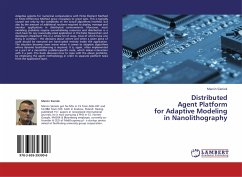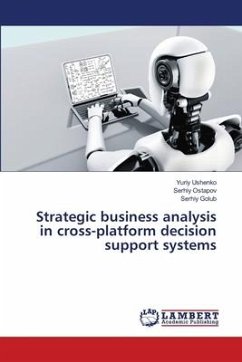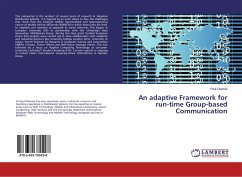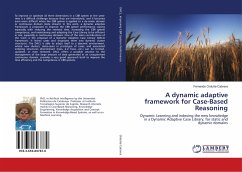Adaptive systems for numerical computations with Finite Element Method or Finite Difference Method grow nowadays to great sizes. This is typically caused not only by the complexity of the actual algorithms involved, but also by the amount of additional routines required to deploy, manage and monitor applications in distributed environments. Moreover, most modeling problems require overwhelming resources and distribution is a must-have for any reasonably-sized application in this field. Researchers and developers implement this in a whole lot of ways, most of which have one thing in common - the decisions about where and when a given piece of code should be executed are hard-coded entirely inside the application. The situation becomes even worse when it comes to adaptive algorithms where dynamic load-balancing is required. It is, again, often implemented as a part of a monolithic problem-specific code, which makes interaction with it a pain. The book discusses how to cope with theabove problems, by employing the agent methodology in order to separate platform tasks from the application layer.
Bitte wählen Sie Ihr Anliegen aus.
Rechnungen
Retourenschein anfordern
Bestellstatus
Storno








